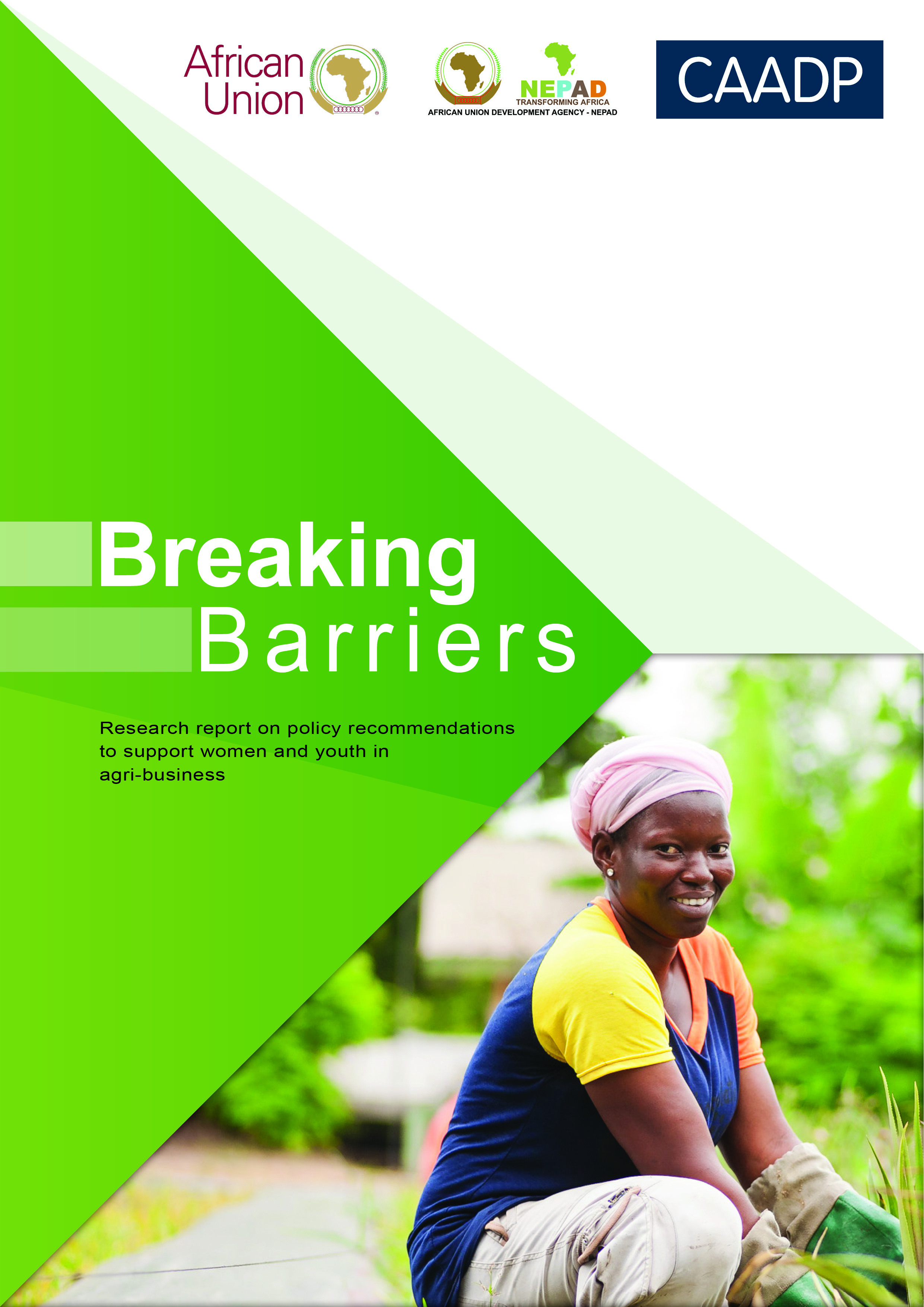Agribusiness remains central to food security, job creation, and inclusive growth in many low-income countries. It provides decent jobs and incomes for women and youth in agribusiness, which have an important spill-over effect on economic and social development outcomes. With the right working conditions and remuneration, agricultural employment could help to create a platform from which more favourable outcomes for women and youth can be realised.
Women and youth play a crucial role in the agribusiness sector across the globe. Agriculture is the most important source of employment for women and the rising youth population in Sub-Saharan Africa. Women account for a significant proportion of the agribusiness workforce throughout different segments of the agricultural value chain, providing critical inputs and functions to business performance. Ensuring equal access to employment opportunities in agribusiness and investing in decent jobs and working conditions for women and youth could lead to a strengthened workforce and a prosperous continent.
Despite efforts by national governments and the African Union to support and facilitate preferential entry and participation for women and youth in gainful and attractive agribusiness opportunities, and achieving the goal for agricultural development through initiatives such as Agenda 2063 and the 2014 Malabo Declaration, women and youth are still under-represented in most downstream activities of the agribusiness value chain and, therefore, remain vulnerable.
The agribusiness sector is rapidly shifting considering changing demographics, climate change, and trade liberalisation. There is a need for an evidence-based understanding of the increasingly complex dynamics of development and its effects on women and youth. It is against this backdrop that this research was undertaken to solicit the views and inputs of women and youth in agribusiness across the continent to inform policy recommendations to strengthen women’s opportunities in the agribusiness sector.




